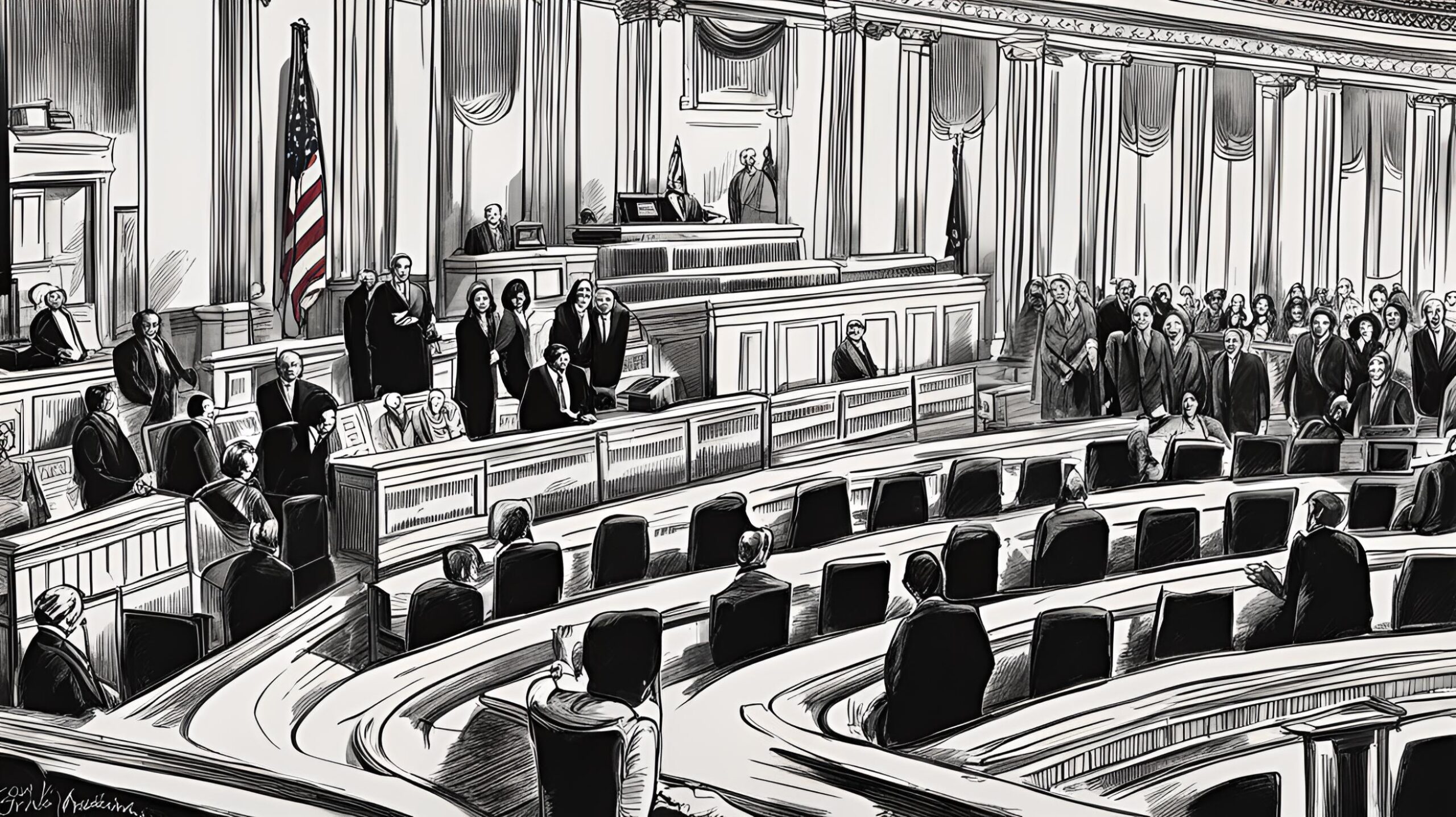Flashback to June 4
American History

Silas Weir Mitchell: Remembering a Legacy of Medicine and Literature
On January 4, 1914, the world lost a remarkable figure in the field of medicine and literature. Silas Weir Mitchell, a renowned US physician and author, passed away at the age of 84. His contributions to the medical community and the world of literature have left a lasting impact that continues to be celebrated and remembered to this day.
Born on February 15, 1829, in Philadelphia, Silas Weir Mitchell grew up in a family deeply involved in medicine. His father, John Kearsley Mitchell, was a notable physician, and his great-grandfather, Benjamin Rush, was a prominent figure in the American Revolution and a pioneering physician of his time. It was no surprise that Silas Weir Mitchell followed in their footsteps and became interested in the field of medicine from an early age.
After completing his medical studies at Jefferson Medical College in 1850, Mitchell embarked on a distinguished career as a physician. He served as a surgeon during the Civil War, attending to wounded soldiers and gaining valuable experience in neurology. It was during this time that Mitchell became particularly interested in studying nerve injuries and disorders.
Following the war, Mitchell dedicated his career to the study of neurological conditions. His contributions to the understanding and treatment of nerve injuries, specifically in the field of causalgia (now known as complex regional pain syndrome), were groundbreaking. Mitchell developed innovative treatments and rehabilitation techniques for patients suffering from these conditions, earning him widespread recognition and laying the foundation for modern neurology.
In addition to his medical pursuits, Silas Weir Mitchell also had a profound impact on the world of literature. He began writing poetry and short stories at a young age, and his literary talent flourished alongside his medical career. Mitchell’s works often explored themes of psychology, the human mind, and the treatment of women, reflecting his deep understanding of the human condition.
One of Mitchell’s most acclaimed novels, “In War Time,” published in 1863, gained him recognition as both a physician and an author. The novel depicted the impact of the Civil War on soldiers and their families, capturing the emotional and psychological toll of war. Mitchell’s ability to blend his medical expertise with his literary skills resulted in a powerful narrative that resonated with readers and critics alike.
Throughout his life, Silas Weir Mitchell continued to write both medical articles and works of fiction, never ceasing to impress with his keen observations and meticulous attention to detail. His literary legacy includes numerous novels, short stories, and poetry collections, showcasing his versatility as a writer and his ability to bring complex characters and themes to life.
Silas Weir Mitchell’s immense contributions to medicine and literature have not been forgotten. His dedication to improving the understanding and treatment of nerve injuries laid the groundwork for advancements in neurology that continue to benefit patients today. Moreover, his literary works continue to be studied and appreciated for their insightful portrayal of human emotions and experiences.
As we remember Silas Weir Mitchell on the anniversary of his passing, we honor his commitment to both medicine and literature. His pioneering spirit and multidisciplinary approach serve as an inspiration to current and future generations of physicians, writers, and scholars. Silas Weir Mitchell’s legacy stands as a testament to the power of combining knowledge and creativity, and his influence on both fields will continue to shape the world for years to come.
We strive for accuracy. If you see something that doesn't look right, click here to contact us!
Sponsored Content

US Senate passes Women’s…
On June 4, 1919,…

Henry takes his first…
Henry's historic journey through…

Harold Hoffman, American politician…
Harold Hoffman, the former…

Terry Nichols is sentenced…
On 6/4/1998, Terry Nichols…

